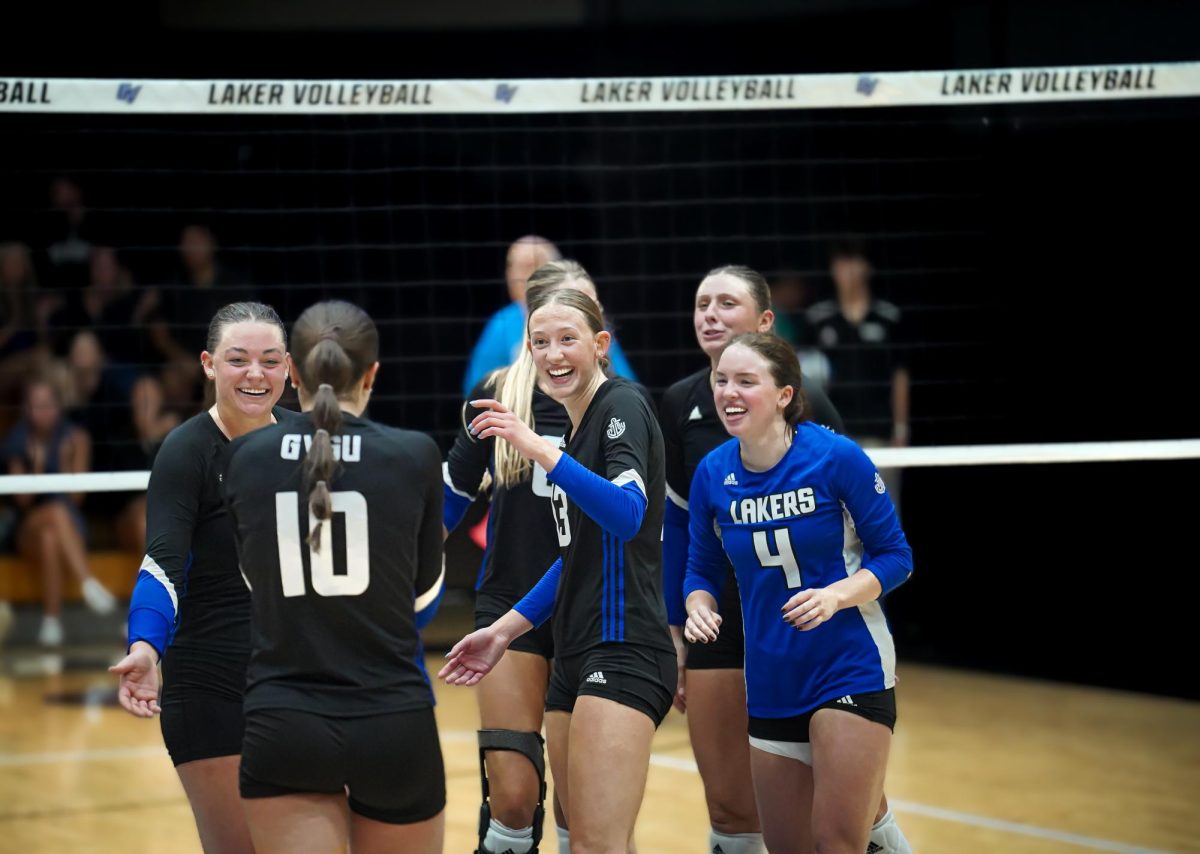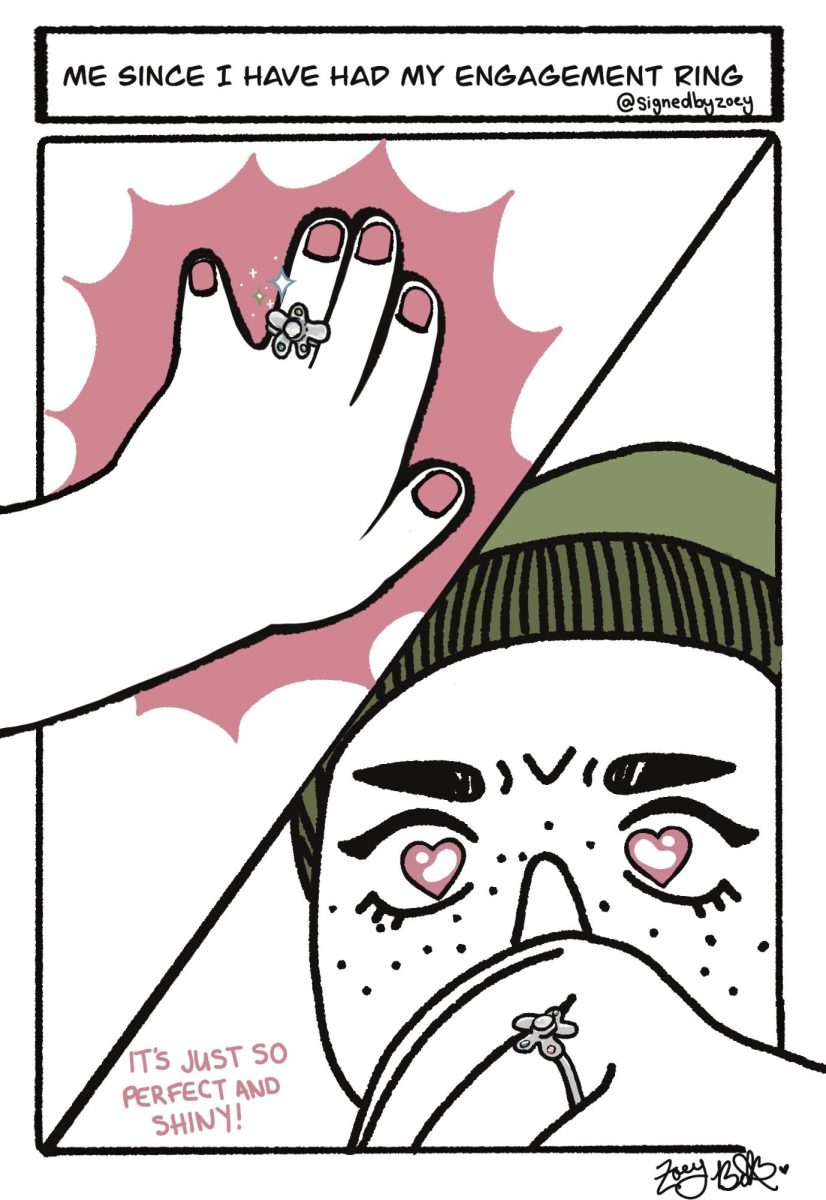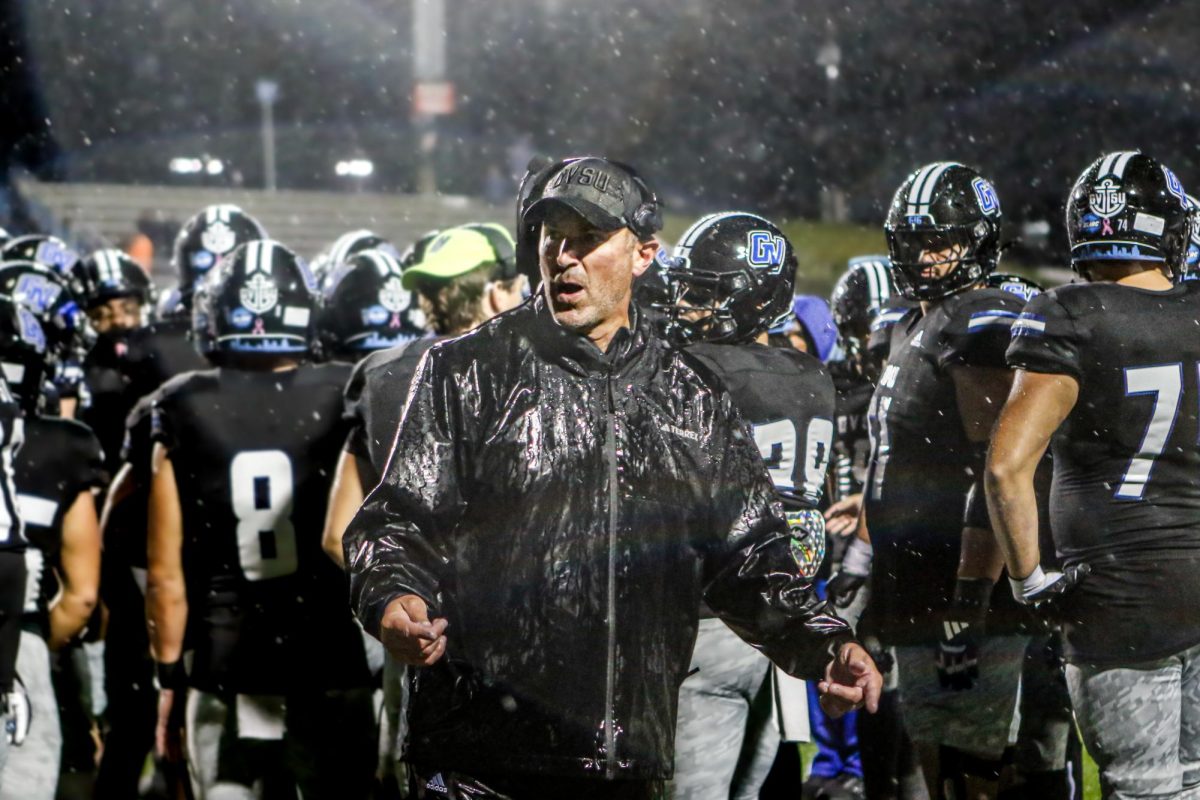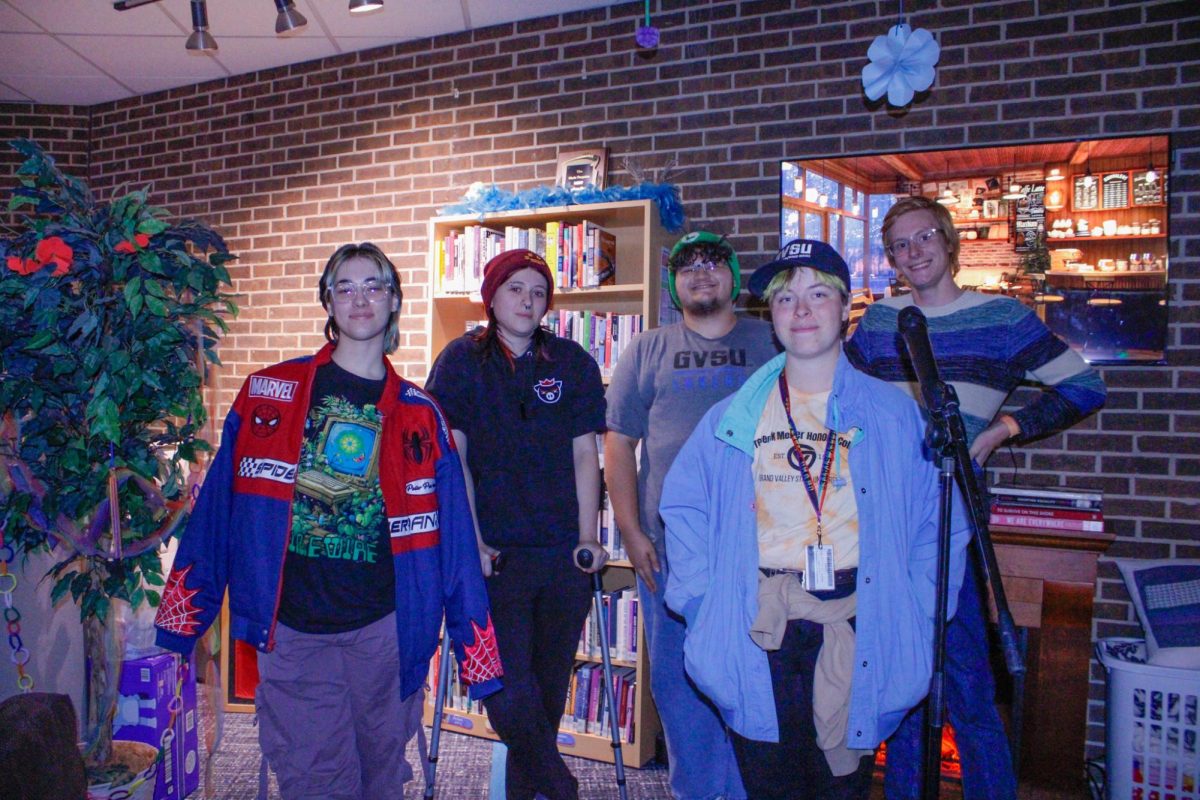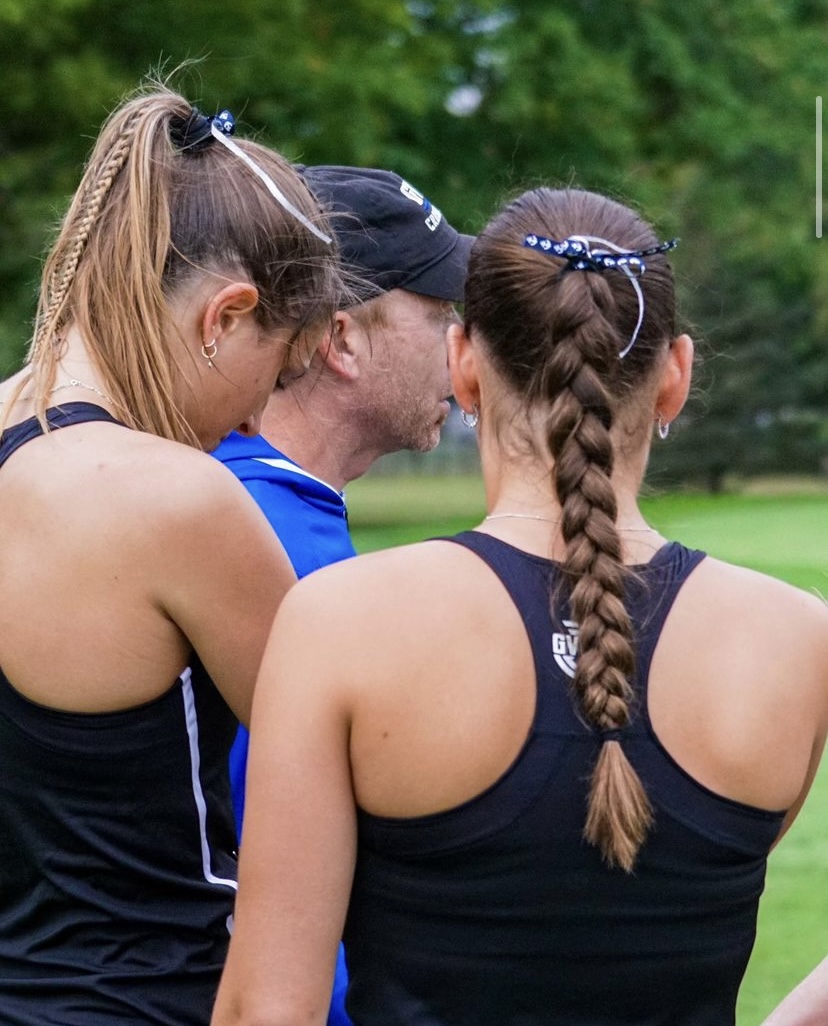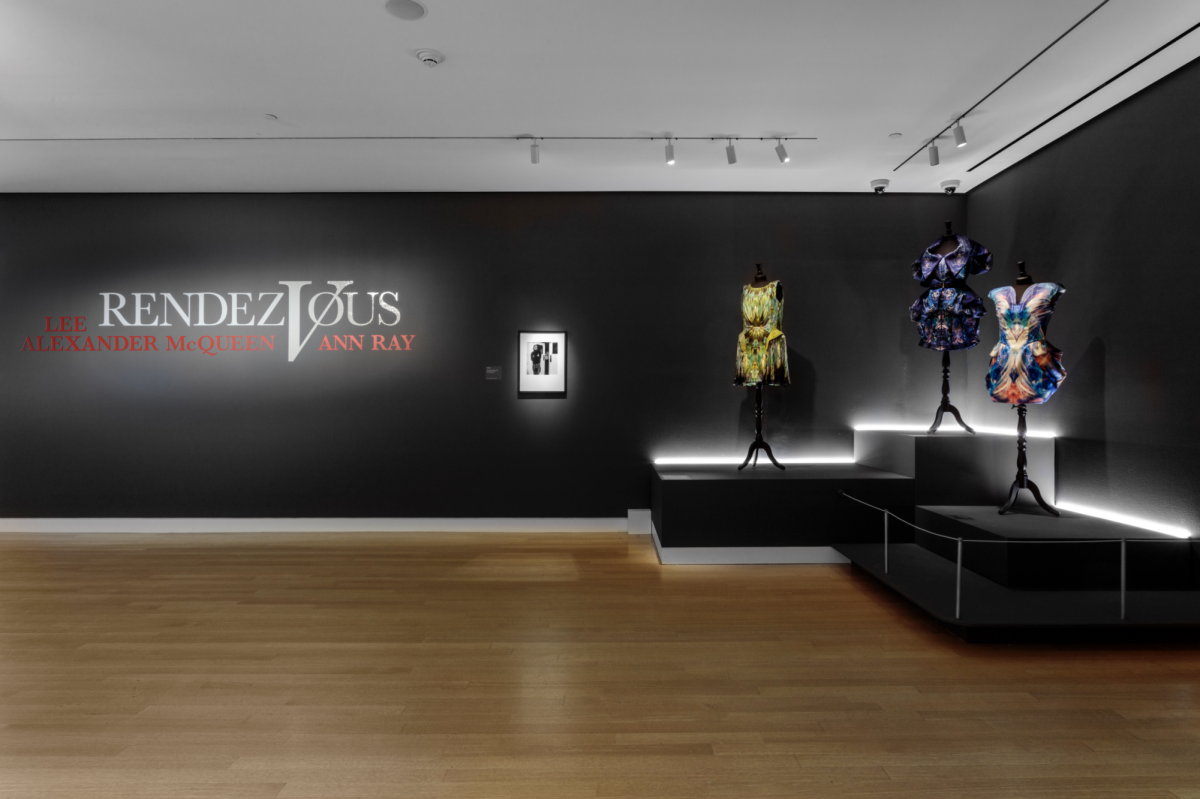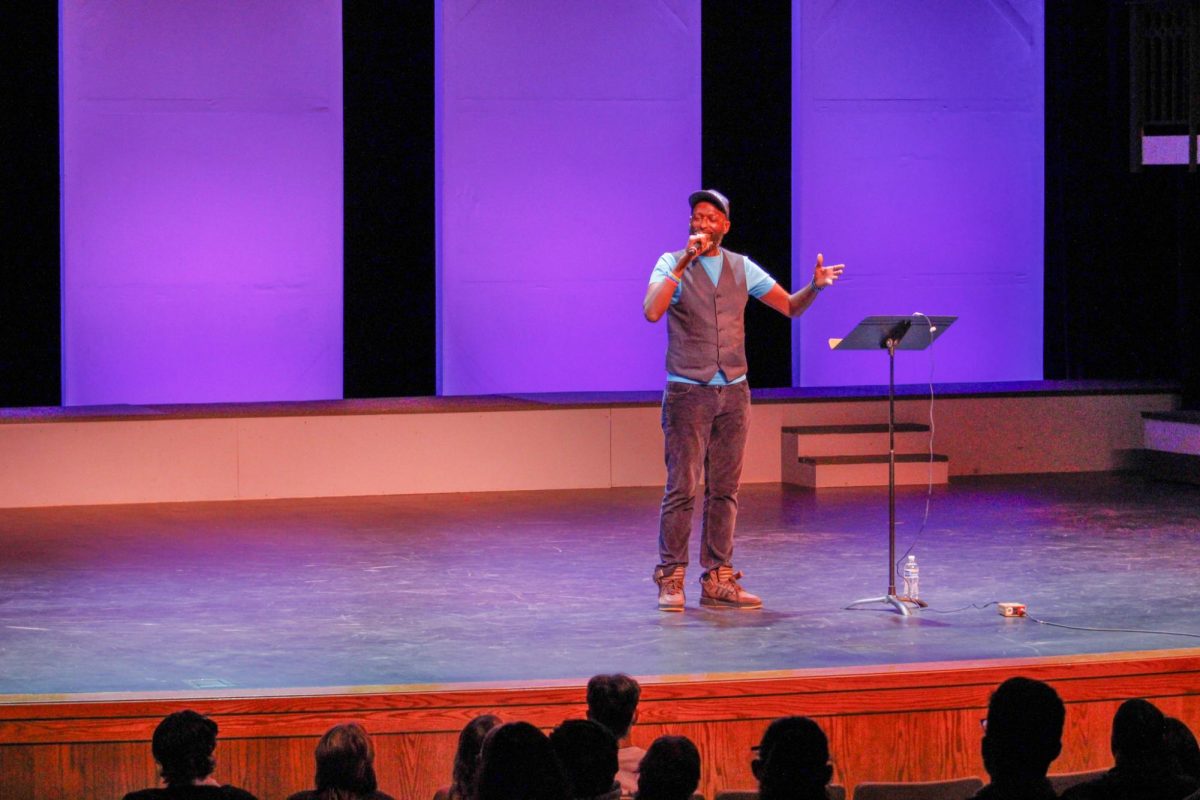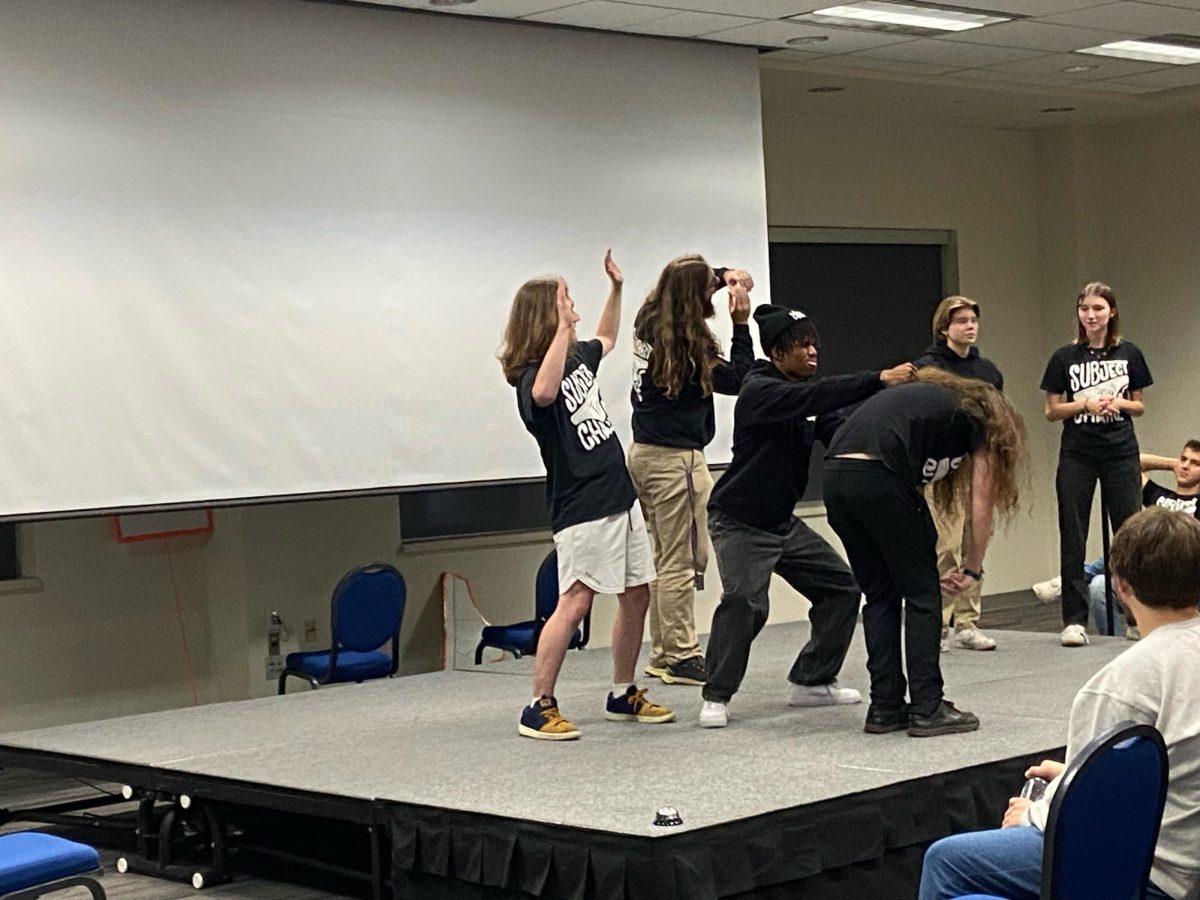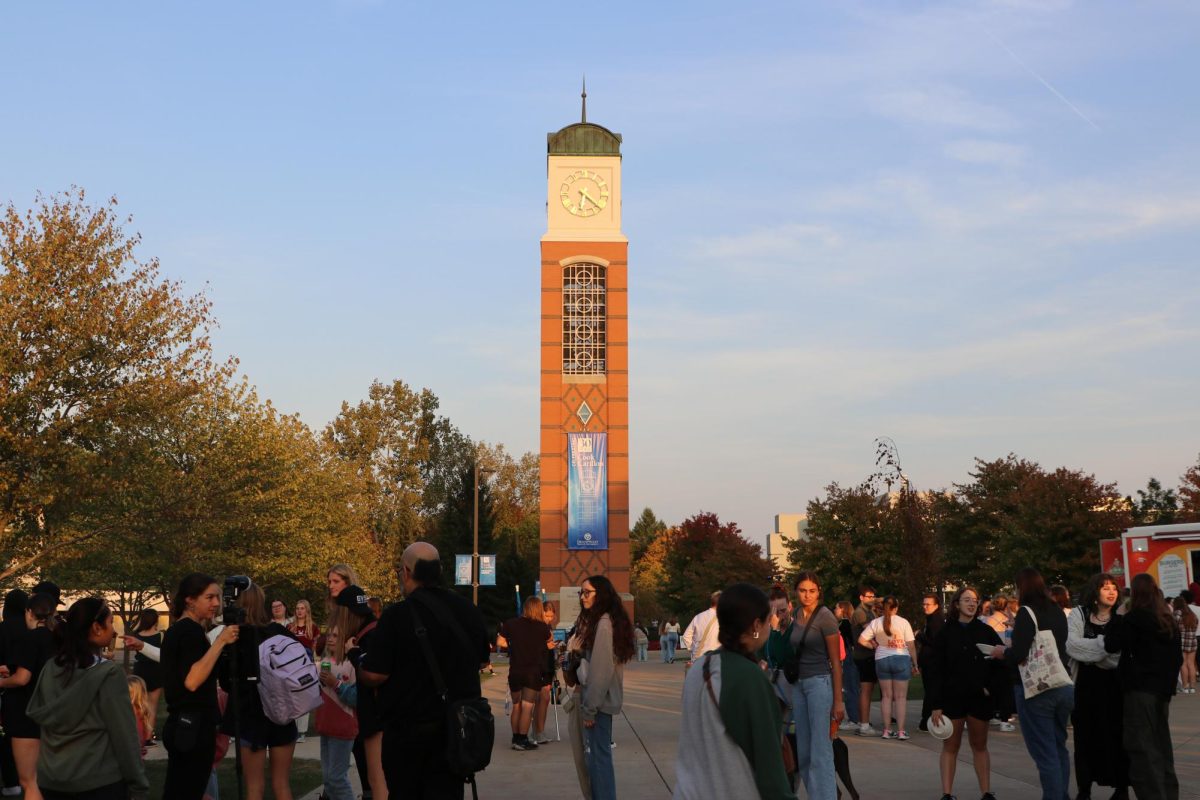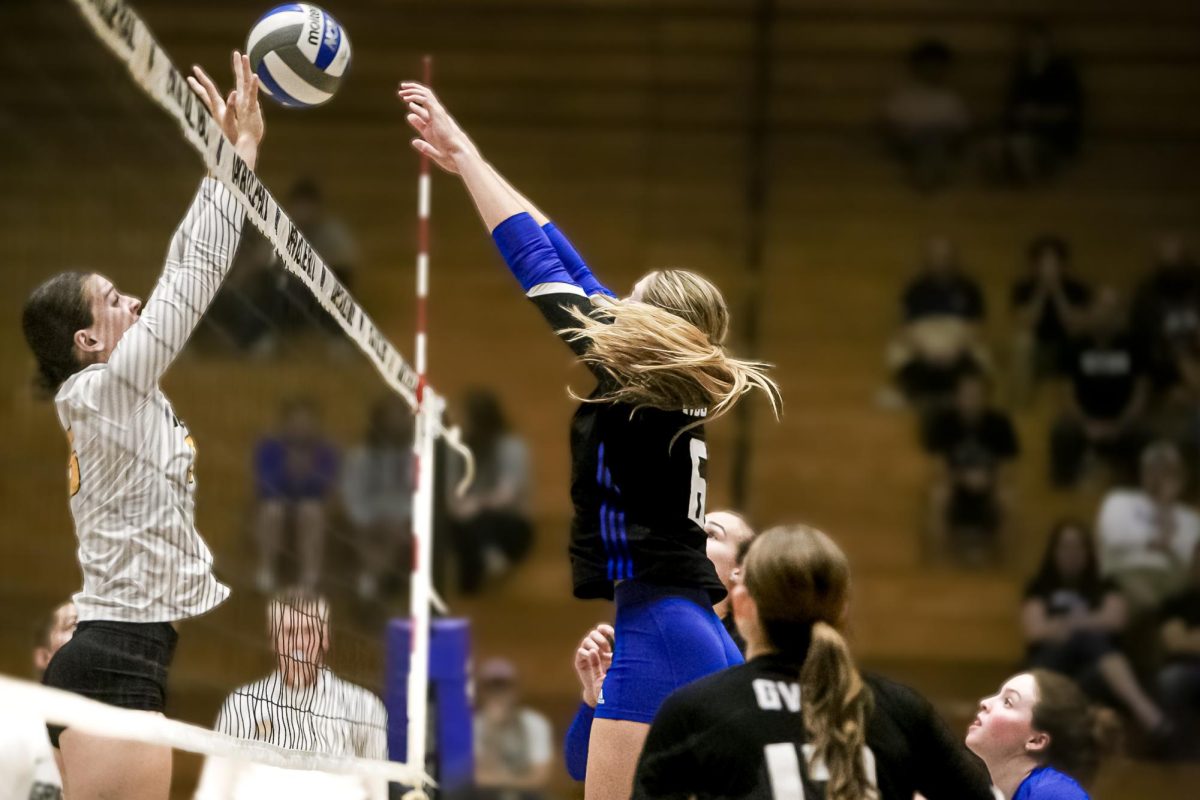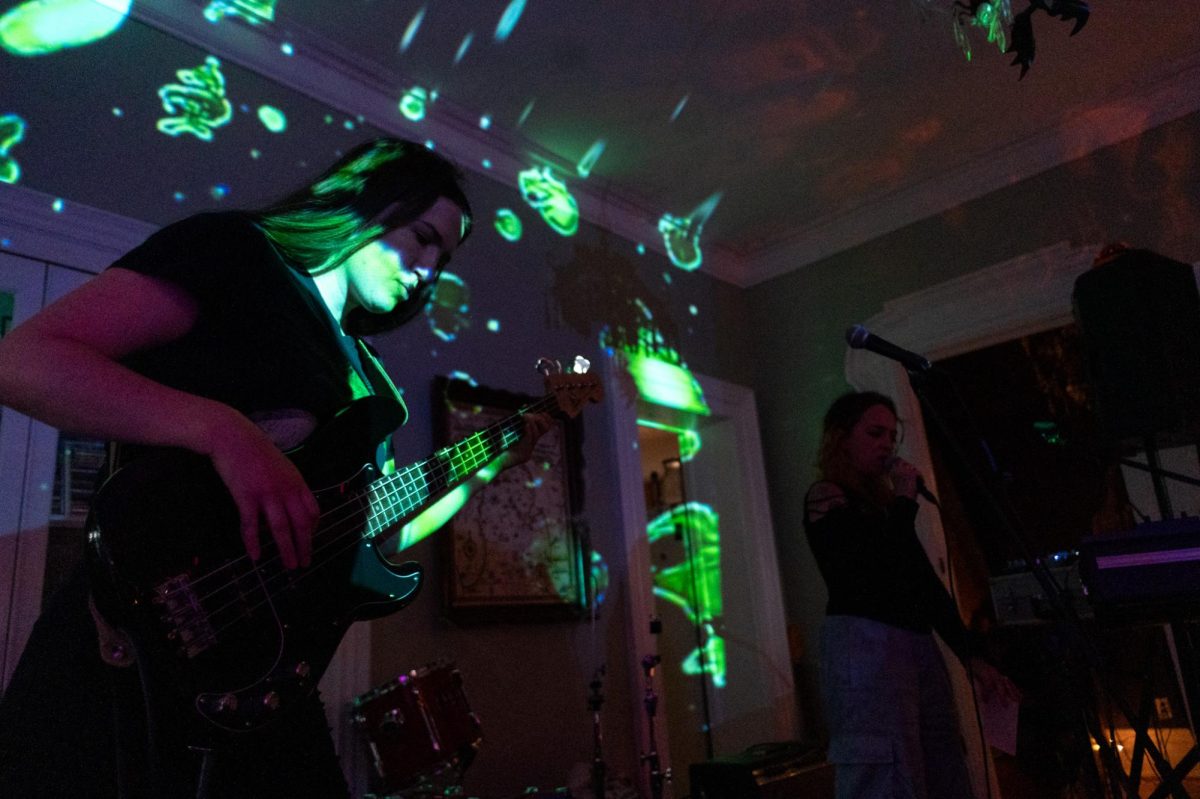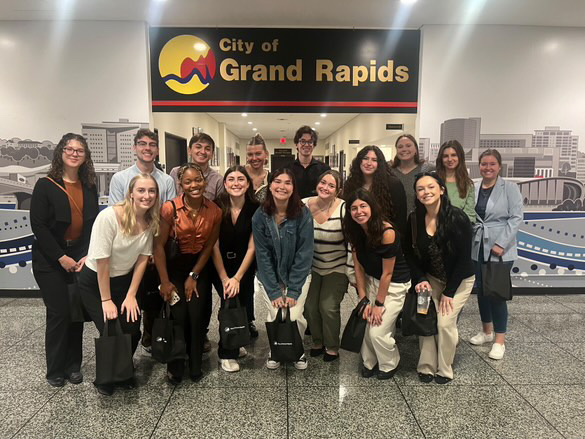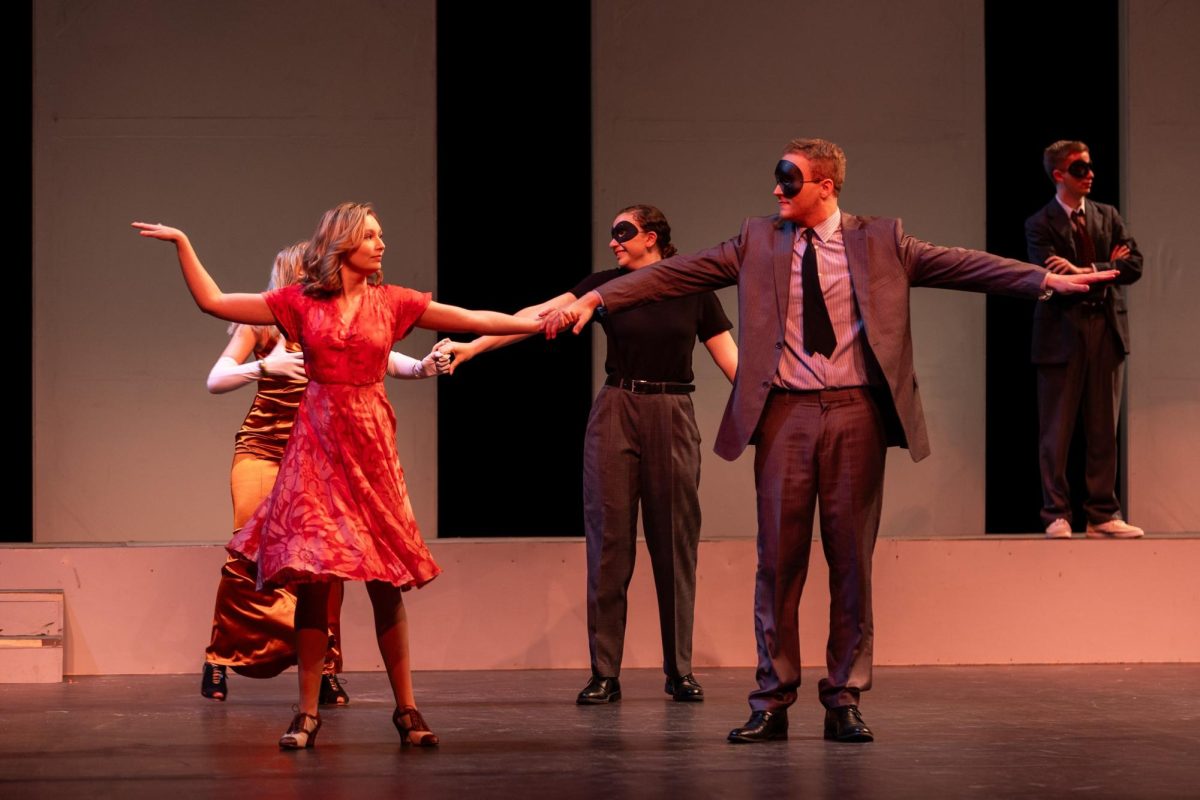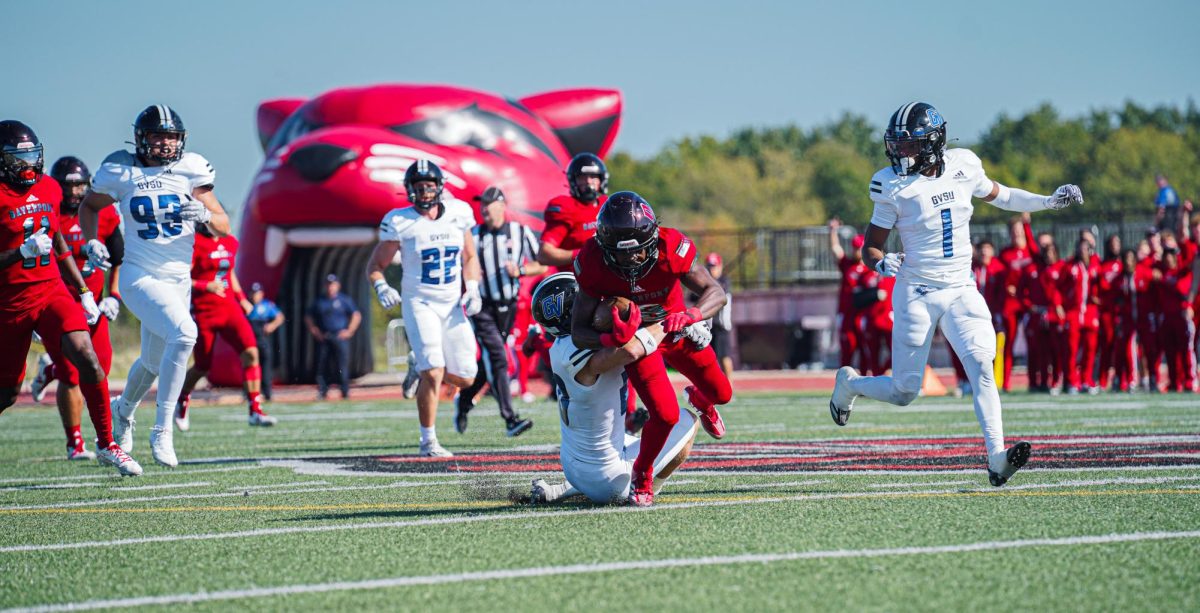Japanese culture conference to address misconceptions
Apr 3, 2013
Grand Valley State University’s Japanese Culture Association is hosting the inaugural Michigan Japanese Heritage and Culture Conference on Friday to shed light on and clear up misconceptions of the East Asian nation.
Austin Knight, activities coordinator for the JCA, said the student organization came up with the idea to host the conference during the Asian Pacific Heritage Celebration, which he said did not well represent Japanese culture.
Knight said the JCA has surveyed people around campus about Japanese heritage to determine the strongest misconceptions, which will be addressed at the conference.
Stereotypes he’s heard vary from all Japanese people being very technologically savvy to all wearing traditional silk robes.
“We want to show people that while it is a different culture, it’s not an alien and foreign thing,” he said, adding that much of Japanese culture can be found in the U.S. “They’re not that different from us.”
Dave Chaness, president of the JCA, said one of the main misconceptions he hopes to address is that Japan is a homogenous culture and all of its people are exactly the same.
“I would say mostly the problem is we homogenize Japanese culture into very small specific and sometimes misinterpreted categories,” Chaness said. “People think Japanese culture is equivalent to anime, and food is equivalent to sushi.”
But Chaness said there’s “so much more” to Japan than these typical associations.
“There’re a lot of different facets and lot of different things we study at our university that deal with Japan; however, most people kind of don’t think about it because of these misconceptions that there’s nothing more to Japan than sushi and anime,” he said.
Another problem he’s seen is that Westerners integrate various Asian cultures into a single collective heritage.
“There’re some people who still can’t tell the difference between Korean culture and Japanese culture,” Chaness said, adding that distinguishing the lifestyles of different Asian countries is important—especially for people in West Michigan.
Michigan established a sister state relationship with Shiga Prefecture, Japan, in 1968, and Grand Rapids has since become a sister city to Omihachiman from the Shiga Prefecture.
“Even though we say there’s a strong relationship, there’s almost no one supporting that relationship on our side,” Chaness said. “We can see that simply by the population as well as the fact that there’s almost no representation of Japanese culture in Grand Rapids.”
He added that maintenance of the relationship with Japan is essential for many reasons, including the many opportunities for Americans to work for Japanese businesses, and vice versa.
“Japan has such a high influence on not just American culture but world culture in general,” he said.
All JCAs of Michigan universities were invited to the conference, which Chaness said he hopes will help establish a network and a means of collaboration between different student Japanese interest groups, as well as others from government agencies around the state and greater Midwest area.
So far, the JCA of Western Michigan University has committed to deliver a presentation alongside GVSU’s organization. The group is also trying to book a local drum group that emigrated from Okinawa to discuss the difference between life in America and Japan.
The conference is LIB 100/201 approved and will take place 5-8 p.m. in the Loosemore Auditorium.
For more information, visit the Michigan Japanese Heritage and Culture Conference Facebook page.
[email protected]



